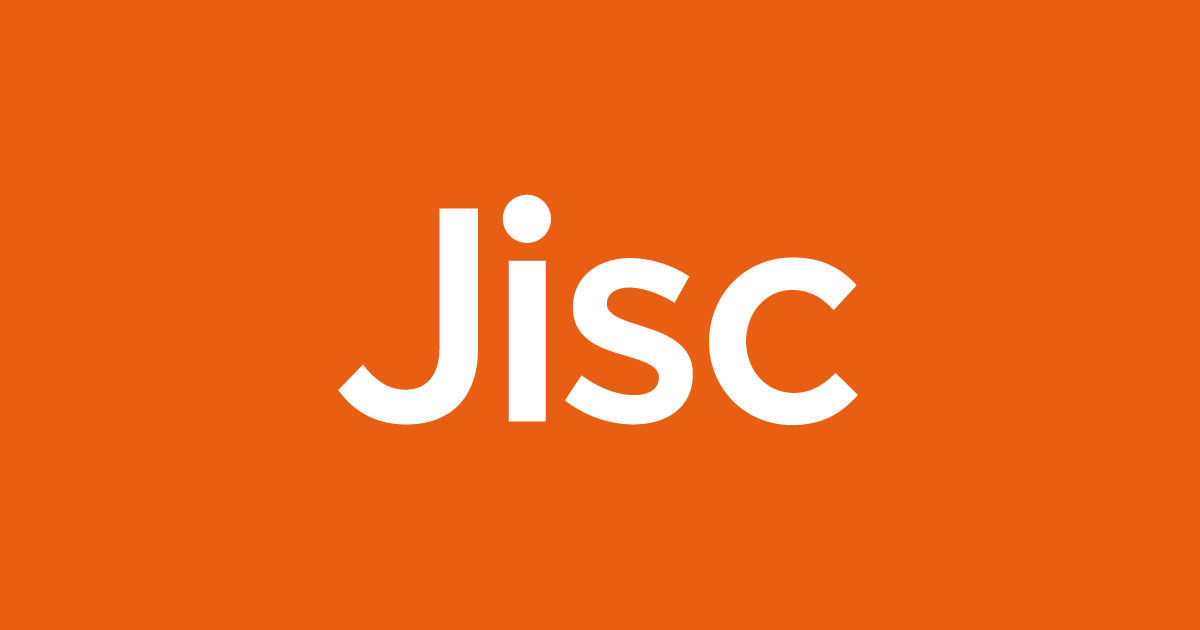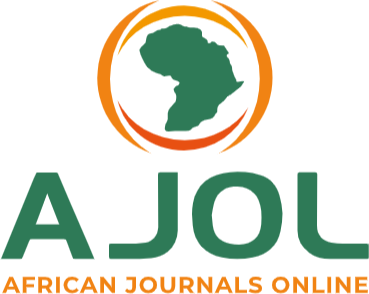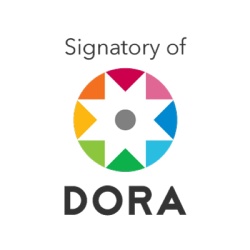Workforce Diversity in Private Sectors Bank in Middle East
Abstract
The research report has involved discussion based on how the workplace culture is affecting the private banking system in middle east region. The introduction chapter is based on highlighting the research aim, objectives as well as the area of significance. This study has aimed to discuss regarding workplace diversity in private sector banks in middle east. The issue is based on lack of workplace diversity affects the growth of business productivity. This study has focused to open a new window to shed light on the aspect of workplace diversity and its relevance to a banking sector. Along with this, the research techniques have been analysed in brief. Selecting the interpretivism philosophy has become effective to answer the research questions and the exploratory research design has become effective to discuss regarding the needs of workplace diversity in private banking in middle east. Both primary and secondary data collection processes have been taken into consideration. For primary data collection 4 managers have been interviewed and for secondary data, collection of theoretical sources such as articles, newspapers, e-books published on or after 2015 have been considered. Additionally, ethical aspects have been mentioned that have been followed by the researcher to complete the study in an effective way. Lack of focus towards industry trends is hampering the process of managing workplace diversity. The most important feature of diversity is it gives access to a greater range of talent. Thus, it can be stated that diversity at workplace is highly beneficial for the organization which helps to gain core competencies by the contribution of innovative ideas. Along with this, the last part has involved the conclusion part in which the objectives have been linked and effective recommendations have been made. Besides, the future scope of this study is discussed in brief. It has been mentioned that this study will be helpful for the aspiring researchers to research on the aspects of managing workplace diversity and how it can be helpful for manging the business process of private banks in middle east.
Downloads
References
Belwal, R. and Belwal, S., 2017. Employers’ perception of women workers in Oman and the challenges they face. Employee Relations, 4, pp.63-76.
Brannon, T.N., Carter, E.R., Murdock‐Perriera, L.A. and Higginbotham, G.D., 2018. From backlash to inclusion for all: Instituting diversity efforts to maximize benefits across group lines. Social issues and policy review, 12(1), pp.57-90.
Cho, S., Kim, A. and Mor Barak, M.E., 2017. Does diversity matter? Exploring workforce diversity, diversity management, and organizational performance in social enterprises. Asian Social Work and Policy Review, 11(3), pp.193-204.
Cletus, H.E., Mahmood, N.A., Umar, A. and Ibrahim, A.D., 2018. Prospects and challenges of workplace diversity in modern day organizations: A critical review. HOLISTICA–Journal of Business and Public Administration, 9(2), pp.35-52.
Cletus, H.E., Mahmood, N.A., Umar, A. and Ibrahim, A.D., 2018. Prospects and challenges of workplace diversity in modern day organizations: A critical review. HOLISTICA–Journal of Business and Public Administration, 9(2), pp.35-52.
Djabi, M. and Shimada, S., 2017. Generational Diversity in Organisation: A Meta-Analysis. In Management and Diversity. Emerald Publishing Limited.
Fine, C., Sojo, V. and Lawford‐Smith, H., 2020. Why does workplace gender diversity matter? Justice, organizational benefits, and policy. Social Issues and Policy Review, 14(1), pp.36-72.
Gomez, L.E. and Bernet, P., 2019. Diversity improves performance and outcomes. Journal of the National Medical Association, 111(4), pp.383-392.
Joubert, Y.T., 2017. Workplace diversity in South Africa: Its qualities and management. Journal of Psychology in Africa, 27(4), pp.367-371.
Manoharan, A. and Singal, M., 2017. A systematic literature review of research on diversity and diversity management in the hospitality literature. International Journal of Hospitality Management, 66, pp.77-91.
Mazibuko, J.V. and Govender, K.K., 2017. Exploring workplace diversity and organisational effectiveness: A South African exploratory case study. SA Journal of Human Resource Management, 15, pp.10-20.
Mohajan, H.K., 2018. Qualitative research methodology in social sciences and related subjects. Journal of Economic Development, Environment and People, 7(1), pp.23-48.
Ng, E.S. and Sears, G.J., 2020. Walking the talk on diversity: CEO beliefs, moral values, and the implementation of workplace diversity practices. Journal of Business Ethics, 164(3), pp.437-450.
Qasim, M., 2017. Effect of workforce diversity on employee’s job performance: the empirical assessment of education sector, Jalalabad, Afghanistan. International Journal of Economics & Management Sciences, 6(5), pp.1-4.
Roberson, Q.M., 2019. Diversity in the workplace: A review, synthesis, and future research agenda. Annual Review of Organizational Psychology and Organizational Behavior, 6, pp.69-88.
Rodriguez, J. and Walters, K., 2017. The importance of training and development in employee performance and evaluation. World Wide Journal of Multidisciplinary Research and Development, 3(10), pp.206-212.
Sim, J., Saunders, B., Waterfield, J. and Kingstone, T., 2018. Can sample size in qualitative research be determined a priori? International Journal of Social Research Methodology, 21(5), pp.619-634.
Snyder, H., 2019. Literature review as a research methodology: An overview and guidelines. Journal of Business Research, 104, pp.333-339.
Thecasecentre, 2021. Featured case - Tradition-based Innovation for Strategic Change in Banking: Bank Muscat, a Bank in Movement. [online] thecasecentre.org. Available at: https://www.thecasecentre.org/educators/ordering/selecting/featuredcases/BankMuscat , [Accessed 4 April 2021]
Un, 2021. Women Watch - Oman National Action Plan. [online] Un.org. Available at: <https://www.un.org/womenwatch/confer/beijing/national/omannap.html > [Accessed 5 April 2021]
Alhajri, R., & Al-Hadrami, A. (2024). The Relationship Between Private Lessons and Academic Achievement Among Students in Grades (9-12) in the Sultanate of Oman. Kurdish Studies, 12(1), 217-228. Google Scholar
Al-Hadrami, A., Al-Aabri, L. S. S., & Alyaarubi, A. S. S. (2024). The Degree of Academic Leaderships Practice in Universities for the Dimensions of Strategic Digital Leadership. Kurdish Studies, 12(1), 229-244. Google Scholar.
Al-Hadrami, A., Al-Aabri, L. S. S., Al Maawali, I., & Alyaarubi, A. S. S. (2023). Dimensions of Change Management and its Effect on Achieving Sustainable Development Goals in Oman. Migration Letters, 20(5), 354-369. https://doi.org/10.59670/ml.v20i5.3549 . Google Scholar
Al-Abri, L. S. S., & ALHadhrami, A. S. (2023). The Applicability of Total Quality Management in Employees' Performance Development in Private Universities. resmilitaris, 13(1), 1456-1468. https://doi.org/10.21608/aja.2021.94846.1152 , scholar Google.
Alshurideh, M., Al-Hadrami, A., Alquqa, E., Alzoubi, H., Hamadneh, S., & Kurdi, B. (2023). The effect of lean and agile operations strategy on improving order-winners: Empirical evidence from the UAE food service industry. Uncertain Supply Chain Management, 11(1), 87-94. scholar Google.
Al Kharusi, A., Al Abri, M., Al Badi, A., & Al-Hadrami, A. (2023). The Effectiveness of Blended Learning based on digital games in increasing students' motivation toward learning mathematics. Social Empowerment Journal, 5(4), 13-26. https://doi.org/10.34118/sej.v5i4.3655 . Scholar Google.

This work is licensed under a Creative Commons Attribution-NonCommercial 4.0 International License.





















